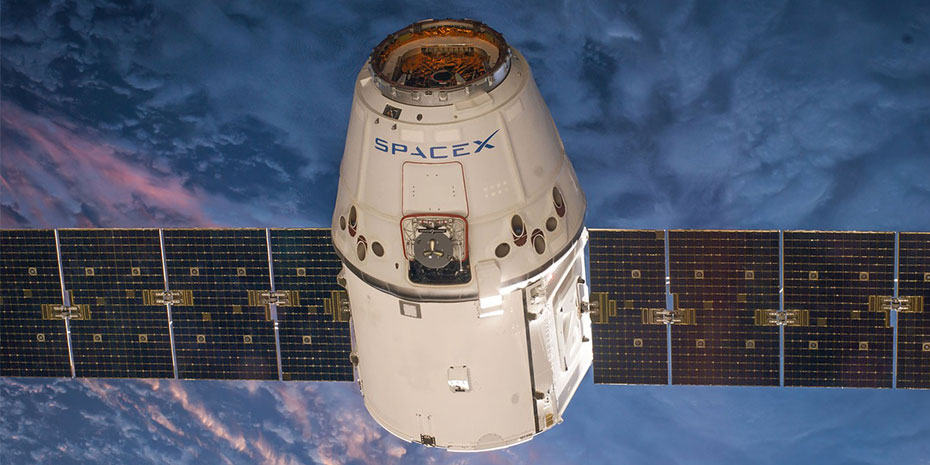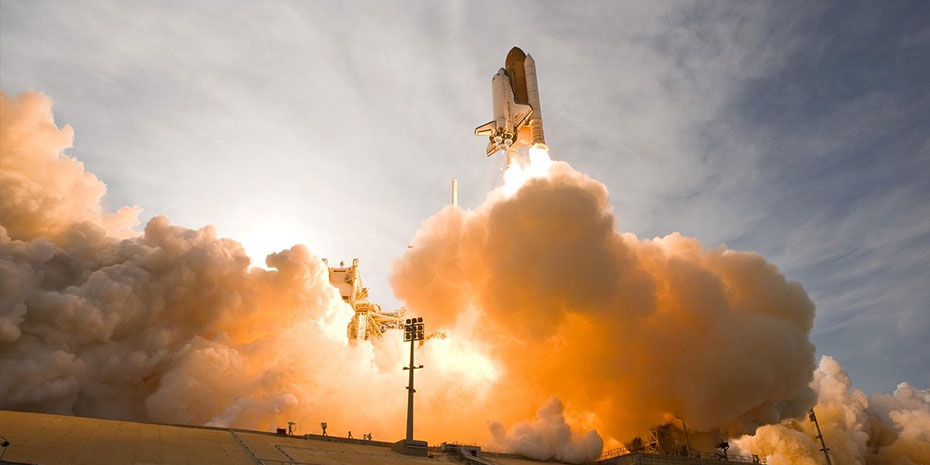Your Place in Space: Why Space Matters to You and Me
| 988


Michael Bloxton and Peter Stridh, co-founders of Nebula Space Enterprise, Inc. discuss what Nebula and her subsidiaries are doing to bridge the gap between Earth and Space for humanity, and the opportunity that awaits. Nebula Media’s Head of Marketing, Ashleigh Chevalier, hosts.
Nebula Space Enterprise’s mission is to “provide all of humanity access to deep space and all of its resources.” It’s a multi-year, multi-generational goal, but Stridh and Bloxton both hope that the infinite resources of space available to humanity, will alleviate widespread conflict and strain on resources on a global scale.
There are six companies in Nebula Space Enterprise’s Phase 1:
Bloxton explains his vision for Nebula and his pursuit of space arrived when he was holding his firstborn son and the future ahead was not what it should or wanted it to be for him. He wants to do everything he can to ensure his children and future generations have what they deserve. Stridh worked for 25 years in global tech and saw the rise of IBM and other technology companies. He believes space is the next necessary step for humanity, and opportunity awaits entrepreneurs and software developers.
In his time in telecommunications, Bloxton learned most parts of the world that are not currently connected to the internet do not have a way to connect to the world that would be practical. Digging fiber optic cables in the Sahara Desert or in the Amazon rainforest was never a project that anyone would be willing to take on, but half of the human population is not connected to the internet. Space is the way to connect these people to the rest of the world.
With more connectivity comes more data usage, and Space transmits information quickly: satellite images, telecommunications, and more. The satellites of today are cheaper and have far more computing power than ever before which means that it’s getting easier and less expensive to launch satellites.
Bloxton thinks that the largest roadblock to the expansion of the space sector is bad business models. Space tourism, for instance, is a low-opportunity model at this point: only a select few will be able to pay for that experience. Space companies and new entrepreneurs should be seeking to solve real problems and meet immediate needs to realize true success and
provide scalable space-based solutions and businesses. Stridh agrees that the opportunity in space is now.
provide scalable space-based solutions and businesses. Stridh agrees that the opportunity in space is now.





